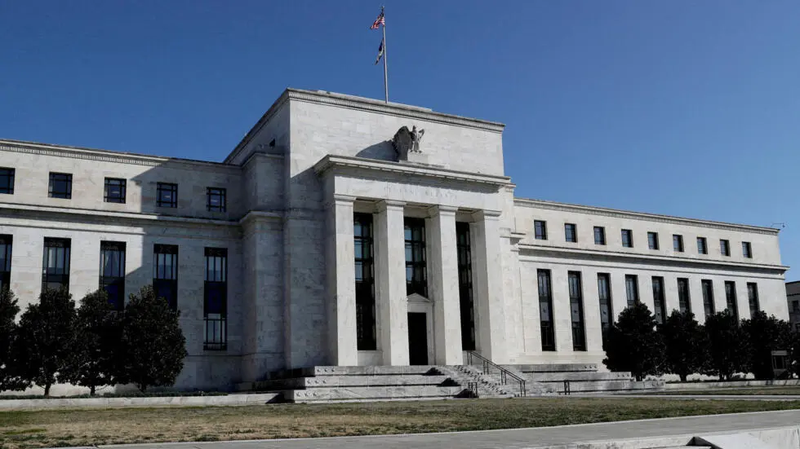
A shocking new report reveals how China’s intelligence agencies systematically exploited a former Federal Reserve economist—using emotional manipulation, lavish hospitality, and even romance—to access sensitive U.S. economic insights. This case, centered on John Rogers, offers a chilling window into how deeply and personally Beijing infiltrates American institutions.
John Rogers, a 63-year-old economist with a PhD from the University of Virginia, served the Federal Reserve from 1994 to 2021. During this tenure, he was a senior advisor in the Fed’s international finance division, working closely on exchange rates and interest rate policy—exactly the type of strategic information the Chinese Communist Party (CCP) covets.
In 2013, Rogers traveled to Shanghai for a business forum. There, he received an email from a self-described Chinese graduate student claiming interest in the Fed’s work and offering to pay for answers. Though Rogers initially declined, the two stayed in contact—laying the foundation for a slow, calculated infiltration.
By 2017, Rogers accepted an all-expenses-paid trip to Shandong University of Finance and Economics. During this visit, he met a Shanghai-based makeup artist named Liu Yu—introduced through a Chinese international dating site called Love Without Borders. Despite their 30-year age gap, they formed a relationship, married in Hong Kong in 2018, and later had a child.
The FBI found written notes on Rogers’ iPad expressing deep admiration for China and declaring his “unconditional love” for Shanghai—signs of emotional entrapment, a classic CCP tactic.
Just two months after the wedding, the “graduate student” reappeared, now requesting help with research questions involving Federal Reserve policies. Rogers, trusting the request as academic, even asked colleagues for Fed-approved documents and sent at least one to his Chinese contact.
U.S. investigators later alleged that Rogers traveled to China under the pretense of lecturing, only to meet intelligence operatives in hotel rooms where he shared internal documents prepared for the Federal Open Market Committee (FOMC)—a breach of national security under the guise of academic exchange.
The Department of Justice’s indictment is part of a growing body of evidence that China is waging a comprehensive, non-traditional espionage war on the United States. By masquerading as students, academics, and romantic partners, CCP operatives target government insiders and exploit personal vulnerabilities.
This case aligns with previous Senate findings from 2022, which warned that China had attempted to penetrate the Federal Reserve through job offers, academic appointments, and emotional leverage. Rogers’ story matches that script nearly word for word.
The danger here is not just one man’s moral lapse—it’s a systemic vulnerability. China doesn’t need military force when it can access strategic economic intelligence through personal manipulation and soft power influence. Rogers may not have attended FOMC meetings or held top-clearance, but his data and insights helped shape policy—and Beijing knew it.
This case demonstrates that even mid-level officials are prime targets in a CCP information war. Americans must understand that China’s strategy isn’t only about stealing technology—it’s about slowly eroding our institutions, undermining trust, and weakening U.S. policy from within.
The John Rogers case is not just an isolated betrayal—it’s a red flag. China is playing a long game, and unless the U.S. wakes up to the subtlety of its tactics, we risk losing not just data, but the integrity of the institutions that safeguard our democracy.